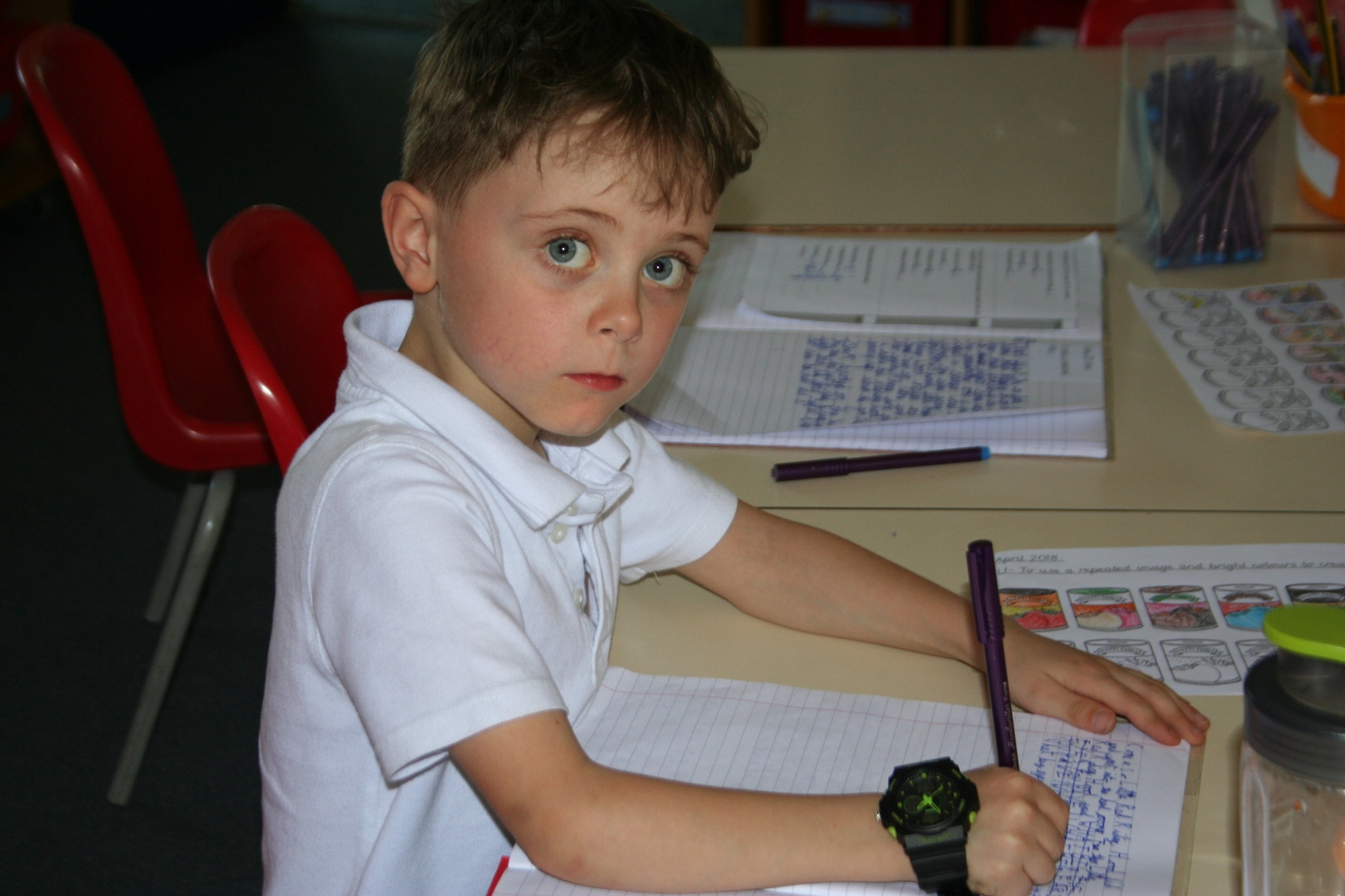Curriculum Implementation
|
As a school, we have to be able to ‘walk the walk’ as well as ‘talk the talk’ with our curriculum. This section provides detail on how we implement our curriculum to ensure it is loyal to our curriculum principles. Mindset: we see our curriculum as ever-evolving; it will never be ‘done’It is imperative that as a school we begin by having the mindset that curriculum development is an ongoing project: the scope of our ambitions for our curriculum necessitates this. Even if we were to reach curriculum nirvana, which completely achieves our aims, there will always be new challenges to meet, new barriers to overcome, new trends to respond to, new issues to address. Fundamentals: the infrastructure upon which our curriculum is builtBehaviour for Learning
Woodlands is committed to creating an environment where exemplary behaviour is at the heart of productive learning. Behaviour for learning is the foundation of any effective classroom and any sort of behaviour disruptions, be it low-level or more significant, means that our pupils will not be able to collectively enjoy our well-intentioned and thoughtfully designed curriculum.
Pedagogical approaches
At Woodlands, we focus on utilising pedagogy, which creates knowledge-rich classrooms, where teachers focus determinedly on the core knowledge and concepts of lessons, whilst carefully managing the cognitive load of their pupils; this is where our approach of less in greater depth comes in. Robust assessment and frequent retrieval opportunities allow teachers to focus on the key concepts and provide sufficient practice for them. We use the WalkThrus’ CPD programme to allow our teachers to hone their skills in line with evidence-based research.
Communication Strong communication at all levels is critical. Purposeful conversations between the curriculum leader and subject leads are the first stage of the quality assurance process. Subject leads ensure that teachers feel confident and secure in the planning, discussing questions or concerns well in advance of the lessons being taught.
Integrity of planning
We want to protect the legacy of the meticulous work completed by subject leads, who have carefully selected, sequenced and mapped their subject’s knowledge (taking into account the requirements of the National Curriculum and our own curriculum principles), from distortion and mutation.
Specifics: strategies that are targeted explicitly towards our curriculum principlesThe following systems and processes are key features of our foundation Curriculum Implementation for our foundation subjects. The Big Picture pages The first page of every planning unit is entitled ‘The Big Picture’. The information included here provides the wider context, the inspiration, the clarity and the core knowledge behind every unit of learning. Progression documents The content that appears in each Big Picture page is mapped onto Progression documents for each subject by our subject leaders. This helps them to maintain an overview of their subject’s knowledge, vocabulary and skills and ensure that it has been carefully and systematically planned and sequenced across the school. Quizzing PowerPoints A key aim of our curriculum is to build knowledge over the long-term. Certain subjects rely heavily on pupils understanding key concepts and remembering them in the future. This enables them to make connections with their new learning more readily. We wanted to find a way to make the process of retrieval clear and straightforward and we are doing so using Quizzing PowerPoints, which collate the key knowledge to retrieve at the start of each topic (or during it). Protected time for staff discussion We provide protected time at the start of certain CPD meetings for looking ahead to the next term's planning. This opens up the chance for early conversations between year group teams and subject leads. If changes are suggested with a strong rationale, that do not compromise our curriculum principles, then they can be made, well in advance of teaching the lessons. To read about how we monitor the impact of our curriculum, visit here. |










